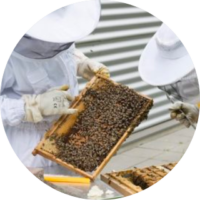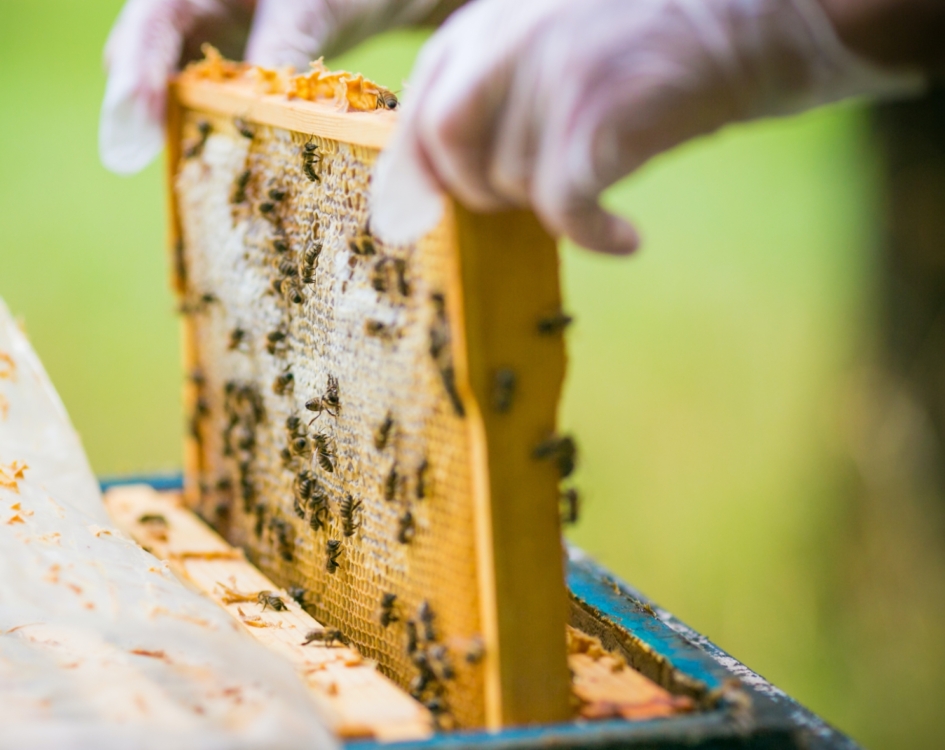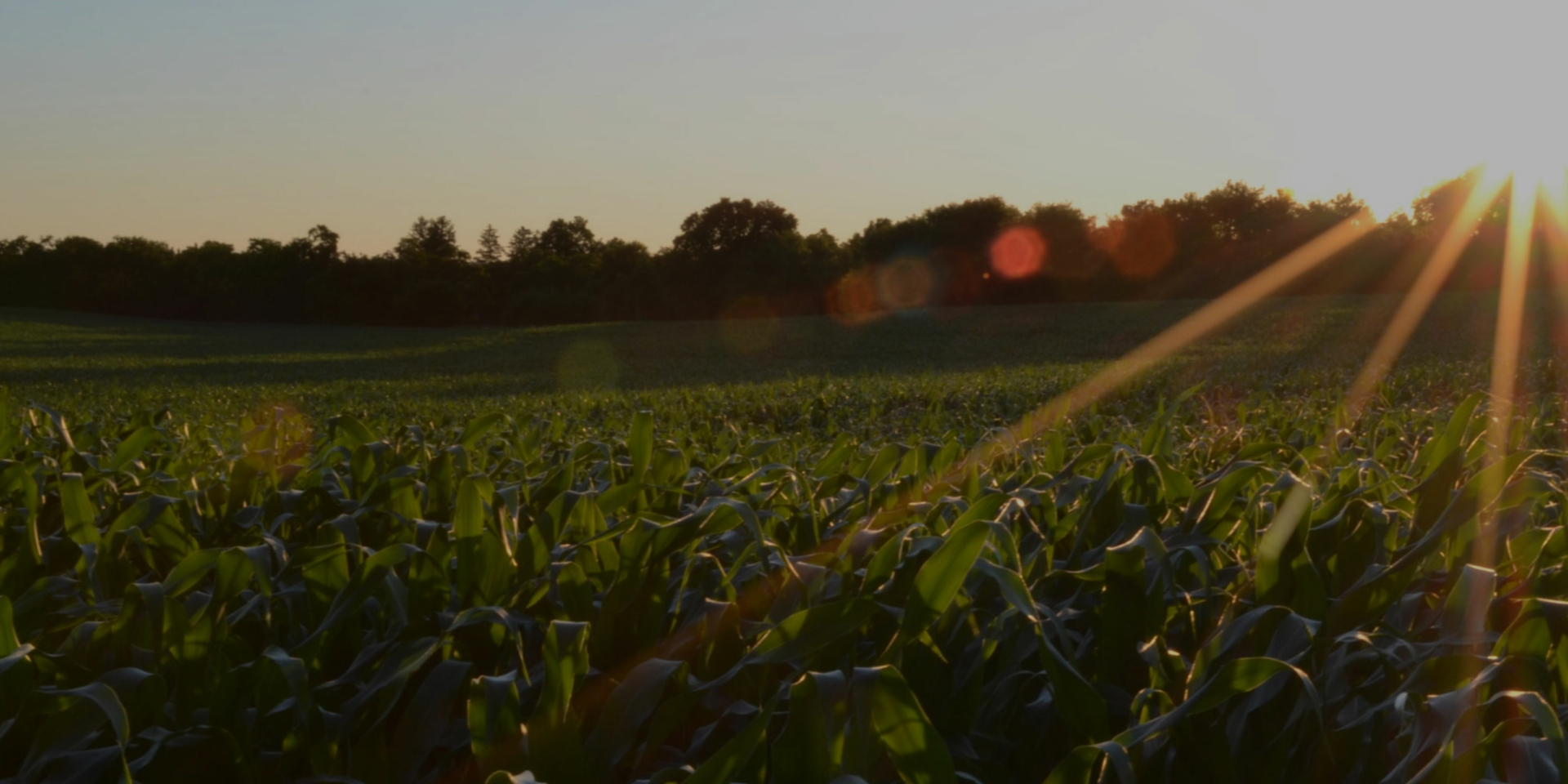
Programs
Crop Pest
Management
We promote on-farm practices and policies to enhance pollinator stewardship and to control crop pests while safeguarding bee health.
Crop Best Practices
The Coalition develops crop- and product-specific Integrated Pest Management (IPM) practices and messaging to improve bee and pollinator safety.
We also promote communication and understanding among stakeholders to raise awareness of crop pest management issues for bee health, disseminate existing information, create a network to address emerging issues in a collaborative environment; and support region- and crop-specific best management practices (BMPs).
Best Management Practices Guides
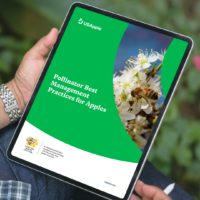
01. Apple
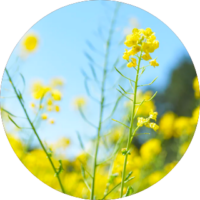
02. Canola
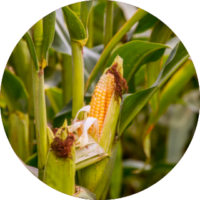
03. Corn
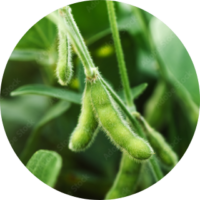
04. Soybeans
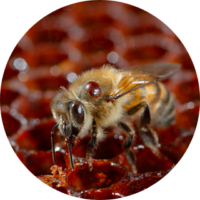
05. Consultant, advisor, applicator training
Additional Resources
Beyond our industry-standard best management practices guides, the Honey Bee Health Coalition has also developed pesticide applicator training tools, incidental pesticide exposure reporting guides, and other tools and resources for both growers and beekeepers.
Additional resources
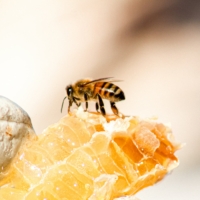
01. Managed Pollinator Protection Plan (MP3) Resources
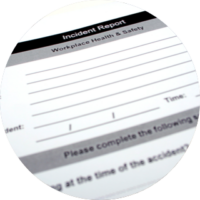
02. Incident reporting guide
